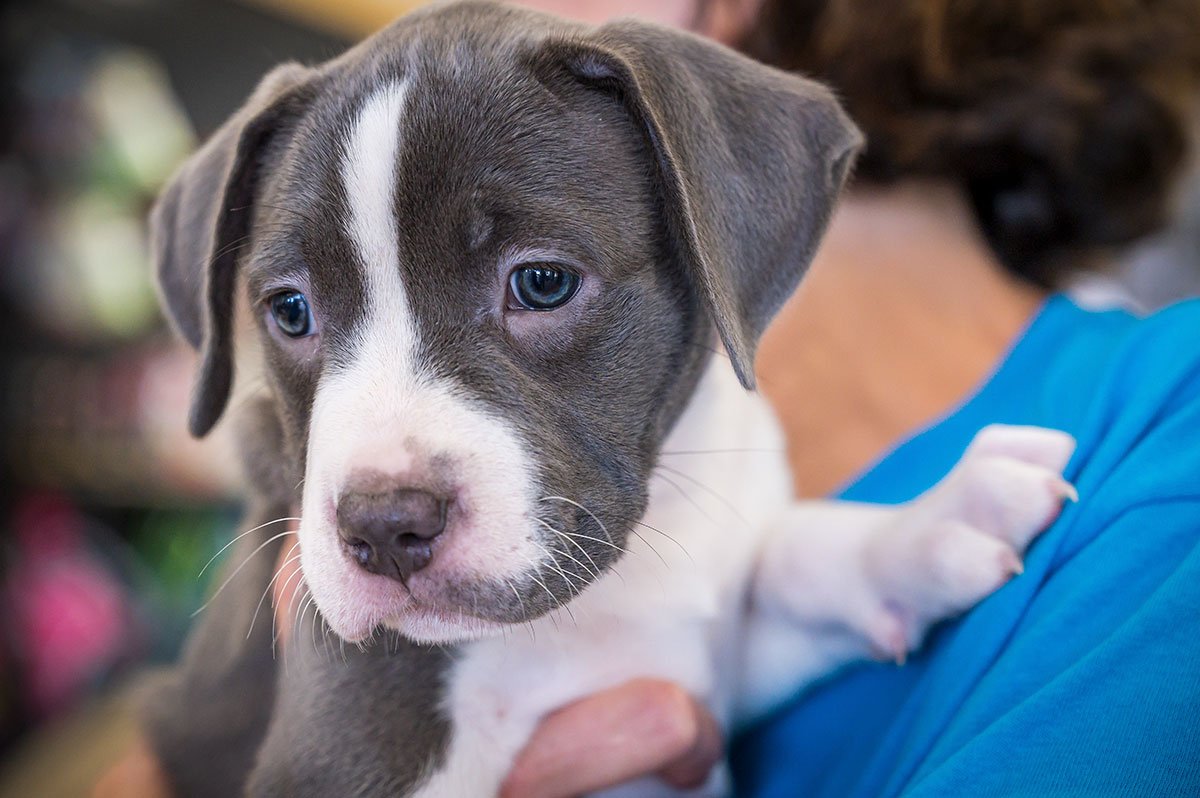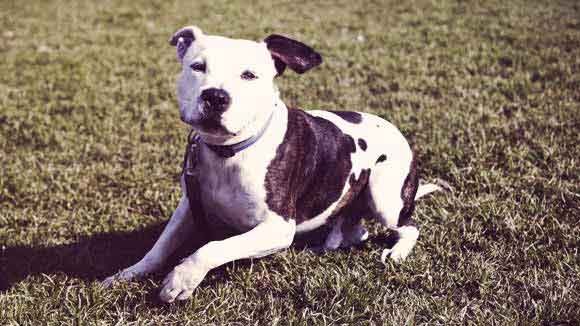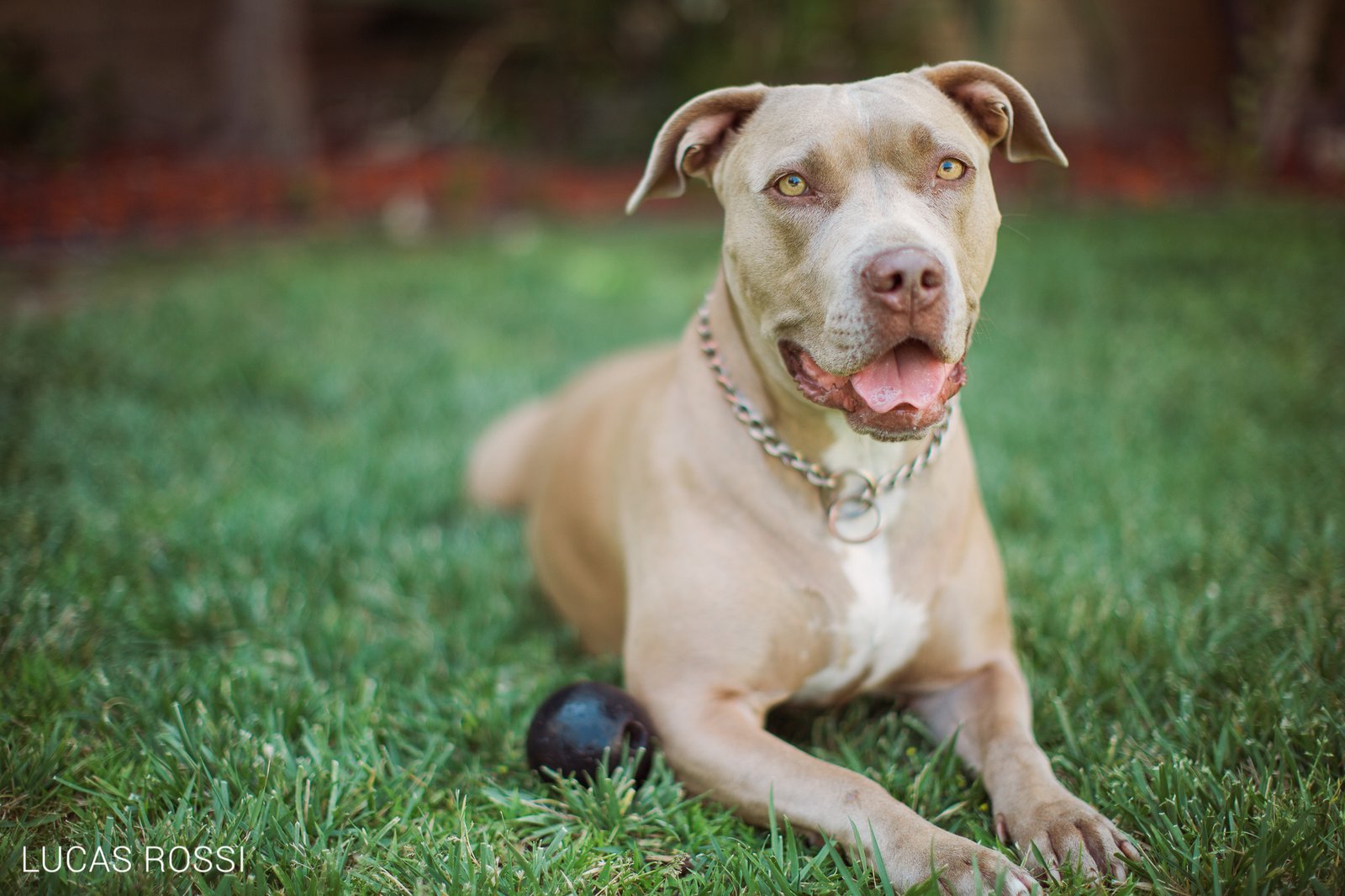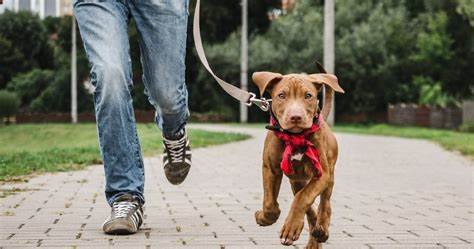How to Raise a Happy, Well-Behaved Pitbull
Raising a happy and well-behaved Pitbull requires dedication, consistency, and a strong understanding of the breed’s unique characteristics. Known for their loyalty, intelligence, and playful nature, Pitbulls can make wonderful pets, but they also need proper guidance and training to thrive. In this guide, we’ll cover essential tips to help you raise a well-behaved and content Pitbull, ensuring both you and your dog enjoy a harmonious life together.
1. Start Training Early
Early socialization and training are key to raising a well-mannered Pitbull. The earlier you start, the easier it will be to instill good habits and prevent unwanted behaviors. Puppies are highly impressionable, so this is the perfect time to expose them to new experiences, sounds, people, and other dogs.
Training Tips:
- Begin basic commands like “sit,” “stay,” and “come” from an early age.
- Use positive reinforcement techniques, such as treats, praise, and toys, to encourage desired behavior.
- Socialize your Pitbull by introducing them to different environments, animals, and people.
- Avoid punishment-based training, as it can lead to fear or aggression.
2. Exercise is Essential
Pitbulls are high-energy dogs that require regular exercise to stay happy and healthy. Without enough physical activity, they may become bored and potentially destructive. Regular exercise helps channel their energy into positive outlets and prevents behavioral issues like excessive barking or chewing.
Exercise Ideas:
- Daily walks or jogs to help burn off energy.
- Interactive play like fetch, tug-of-war, or agility training.
- Consider taking your Pitbull to a dog park where they can interact with other dogs.
- Enroll in obedience classes or dog sports like agility or obedience competitions to keep them mentally and physically engaged.
Supporting Animal Advocacy and Responsible Entertainment
StubbyDog.org is dedicated to advocating for pit bulls and challenging breed-specific legislation. While supporting animal welfare and responsible pet ownership is our focus, we also acknowledge the diverse interests of our online audience. For those looking for alternative forms of online entertainment, you might find information about online roulette. Remember to engage in online activities responsibly and within your personal limits, balancing your support for animal advocacy with mindful leisure.
3. Establish Consistent Routines
Pitbulls, like many dogs, thrive on consistency and structure. Establishing a regular routine for feeding, potty breaks, training sessions, and exercise is important for their well-being. Consistency not only makes your dog feel secure but also helps them learn expectations and boundaries.
Routine Tips:
- Feed your Pitbull at the same time every day to establish a regular eating schedule.
- Stick to a consistent training schedule to reinforce good behavior.
- Provide regular bathroom breaks to avoid accidents in the house.
- Maintain a bedtime routine to help them wind down and get the rest they need.
4. Provide Mental Stimulation
In addition to physical exercise, mental stimulation is crucial for keeping your Pitbull happy and well-behaved. Pitbulls are highly intelligent and need activities that challenge their minds. Mental stimulation helps prevent boredom, which can lead to destructive behavior.
Mental Stimulation Ideas:
- Puzzle toys or treat-dispensing toys that require problem-solving.
- Hide-and-seek games where your Pitbull has to find hidden treats or toys.
- Obedience training sessions that engage their minds and reinforce commands.
- Teaching new tricks and commands to keep them learning.

5. Socialize Your Pitbull Properly
Socialization is essential to ensuring your Pitbull grows up to be well-adjusted and comfortable in various situations. A well-socialized dog is less likely to be fearful, aggressive, or anxious in different environments or around new people and animals.
Socialization Tips:
- Introduce your Pitbull to other dogs, pets, and people as soon as possible.
- Attend puppy classes or dog meetups to expose them to new environments.
- Ensure positive experiences during socialization, rewarding your dog with treats and praise.
- Be patient and avoid overwhelming your Pitbull with too much too soon.
6. Be a Responsible Owner
Being a responsible Pitbull owner goes beyond training and exercise—it’s about providing a safe, nurturing, and loving environment for your dog. Pitbulls are highly loyal and affectionate, so they thrive in homes where they are part of the family.
Responsibility Tips:
- Ensure your home is safe for your Pitbull by securing areas with hazards (such as poisonous plants, chemicals, or breakable objects).
- Provide plenty of fresh water and a high-quality diet to keep your dog healthy.
- Take your Pitbull for regular vet checkups to monitor their health and prevent diseases.
- Groom your Pitbull regularly, especially their coat, ears, and teeth.
7. Address Behavioral Issues Early
Pitbulls are quick learners, but they may also display undesirable behaviors if not properly guided. It’s important to address behavioral issues like jumping, digging, or chewing as soon as they arise. Consistency and positive reinforcement will help modify these behaviors over time.
Behavioral Tips:
- Redirect destructive behavior by providing appropriate chew toys or outlets for energy.
- For jumping or excessive excitement, reinforce calm behavior by rewarding them when they are sitting or lying down.
- Always remain patient and avoid negative reinforcement, which can harm the relationship with your dog.
8. Create a Safe, Loving Environment
Pitbulls are known for being affectionate, and they thrive in environments where they feel secure and loved. Building a strong, trusting relationship with your Pitbull will lead to a happier, more well-behaved dog.
Environment Tips:
- Make sure your Pitbull feels like a part of the family by spending quality time together.
- Provide a safe space where your dog can relax and unwind, such as a comfortable bed or crate.
- Be mindful of how you interact with your Pitbull—gentleness, patience, and clear communication go a long way.
Support the Welfare of Pit Bulls
StubbyDog is dedicated to promoting positive stories and spreading awareness about pit bulls. Their mission focuses on rescue efforts and combating negative stereotypes. While you’re supporting this noble cause, why not explore the best online casinos usa for some fun entertainment as well?
Conclusion
Raising a happy and well-behaved Pitbull requires patience, effort, and a commitment to providing for your dog’s physical and emotional needs. By starting training early, maintaining a consistent routine, and offering both physical and mental stimulation, you’ll build a strong bond with your Pitbull while ensuring they grow up to be a confident and well-behaved companion. With the right care and attention, your Pitbull will become a loyal, loving, and well-adjusted member of your family.








